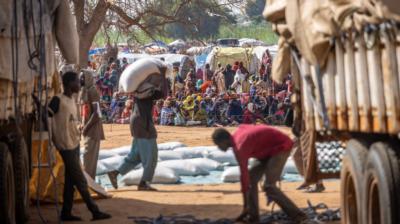CMI Working Paper
| 2003
Uncertainty as a strategy: Electoral processes in Zambia 1991-2001
Bergen: Chr. Michelsen Institute (CMI Working Paper WP 2003:13) 21 p.
How to cite this publication:
Lise Rakner and Lars Svåsand (2003). Uncertainty as a strategy: Electoral processes in Zambia 1991-2001. Bergen: Chr. Michelsen Institute (CMI Working Paper WP 2003:13)
Zambia has held three multiparty elections since its restoration of democracy in 1991. This peaceful transition raised expectations of a smooth process towards democratic consolidation. But similar to experiences from other African countries and Eastern Europe, the Zambian democratic process has remained stuck in a 'transitional zone' between actual democracy and authoritarian systems. We argue that Zambian elections fall short of the expectations of a democratic process due to the institutional uncertainty surrounding elections and the weakness of the Zambian Electoral Commission. Despite an alarming economic record the continued uncertainty - of the rules and regulations guiding elections and electoral administration - has maintained the same party in power through three consecutive elections.
Lise Rakner
Professor at University of Bergen and Associated Research Professor
Political developments and the 2001 general elections in Zambia
Jan 2001 - Nov 2002


![Corona überleben: Die Figur der:s Überlebende:n als Trägerin von Hoffnung und Angst in den Politiken einer Krise im Werden [Surviving Corona: The figure of the survivor as bearer of hope and fear in the politics of an emerging crisis]](http://www.cmi.no/img/400/18259-Corona-und-mediale-ffentlichkeiten.png)




